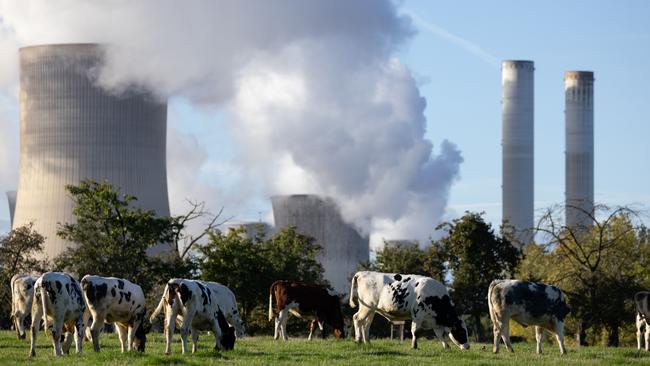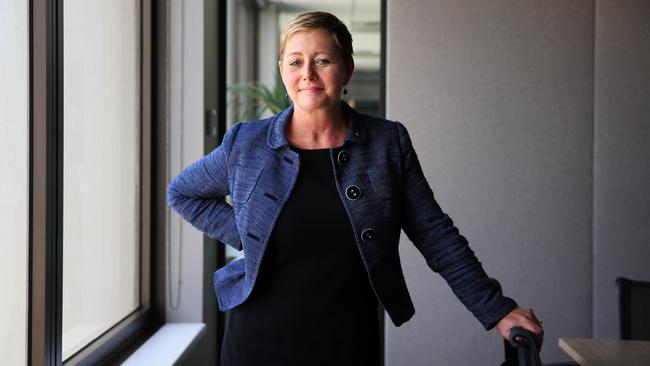ACSI warns companies not doing enough to reduce carbon emissions
An industry group representing some of the country’s largest superannuation and institutional investors is warning Australian companies are not doing enough to reduce carbon emissions.

An industry group representing some of the country’s largest superannuation and institutional investors is warning Australian companies are not doing enough to reduce their carbon emissions.
In a report to be released on Friday, the Australian Council of Superannuation Investors notes many companies were setting new zero targets for scope 1 and scope 2 emissions, but only a small number had targets which would cover all emission scopes.
The ACSI said its research showed that ASX 200 companies would “overspend” their carbon budgets between 2021 and 2050 by not doing enough to reduce their total emissions.
The survey of the announced emission reduction targets of 187 ASX-listed companies showed 45 per cent had set net zero targets for their Scope 1 and Scope 2 emissions. But it said only 9 per cent of companies had net zero targets covering all applicable emission scopes. Some 48 per cent of companies surveyed had not set any absolute emission reduction targets at all.
ACSI chief executive Louise Davidson said the research showed that more of Australia’s largest companies needed to set emission reduction targets aimed at limiting global warming to 1.5C if Australia was to reach its Paris Agreement ambitions.

The ASCI represents investors including AustralianSuper, Australian Retirement Trust, Cbus Aware, UniSuper and Hostplus.
“While there are many net zero pledges from listed companies, concrete and measurable short and medium-term emissions reduction milestones are largely missing,” she said. “This impedes investors’ ability to understand how companies intend to meet their ambitions.”
Ms Davidson said climate change risks would “continue to influence the value of ACSI members’ investments and retirement outcomes of their beneficiaries”.
“While we welcome the growing number of net zero ambitions from the ASX200, ambitions must be made more credible by accounting for all emissions and implementing measurable short and medium-term reductions targets,” she said.
Ms Davidson said earlier research by ACSI research showed that many companies consider targets aimed at “well below 2C” were good enough to meet the goals of the Paris Agreement.
The research looked at the climate commitment of 187 companies in the ASX 200, assessing whether their stated net zero and emissions reduction targets were aligned to a 1.5C trajectory.
It found that, while there was reason to be optimistic about the growing corporate ambition towards 1.5C-aligned targets, overall ASX200 target-setting and the resulting trajectory was not in line with delivering a 1.5C reduction.
“While further climate change is inevitable, decisions made in the next months and years will determine its rate and magnitude,” Ms Davidson said.
“As universal owners of capital, institutional investors cannot diversify away from the impacts of climate change and as part of their fiduciary duty need to take action to mitigate risk.
“The challenge for institutional investors is not just to decarbonise an individual company, but to decarbonise the economy,” Ms Davidson added.








To join the conversation, please log in. Don't have an account? Register
Join the conversation, you are commenting as Logout